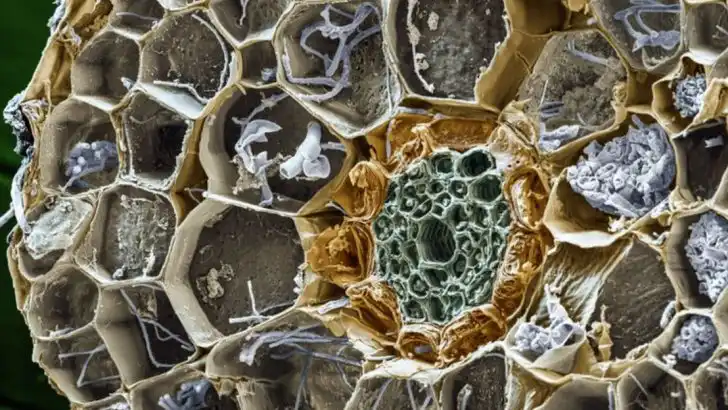Beneath every thriving garden lies a hidden world buzzing with life—mycorrhizal fungi, the underground allies that form powerful partnerships with plant roots. These microscopic networks act like nature’s internet, connecting plants to vital nutrients, water, and even chemical signals that boost growth and resilience.
Understanding and nurturing this symbiotic relationship can transform your garden’s health, improving soil fertility, disease resistance, and drought tolerance—all without synthetic fertilizers. Mycorrhizal fungi don’t just support plants; they rewrite the rules of gardening success by creating a living, breathing ecosystem underground.
In this article, we’ll dive into the fascinating science of mycorrhizae, how to encourage their presence naturally, and practical tips to harness their magic for a flourishing, sustainable garden.
The Invisible Web
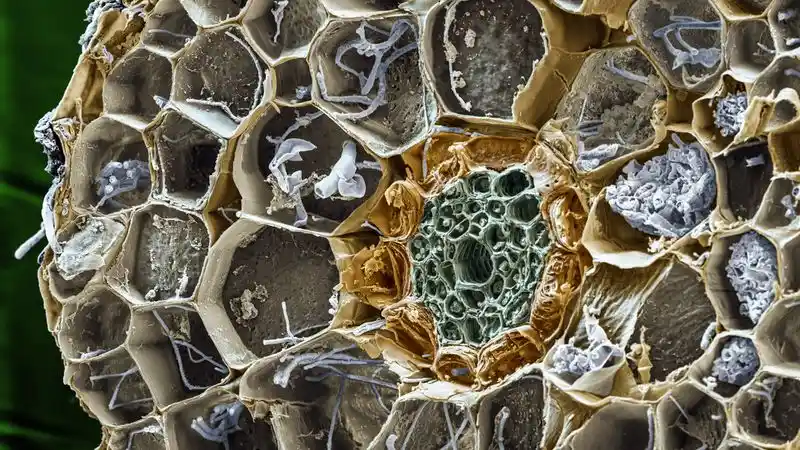
Imagine an intricate web, invisible to the naked eye, weaving its way through the soil beneath your plants. This is the mycorrhizal network, a fascinating underground alliance that connects the roots of different plants.
These fungi extend the root systems, helping plants access water and nutrients otherwise out of reach.
In return, plants offer sugars and carbon, creating a balanced exchange. This underground relationship is foundational to plant health, silently working to enhance growth and resilience.
Nutrient Exchange
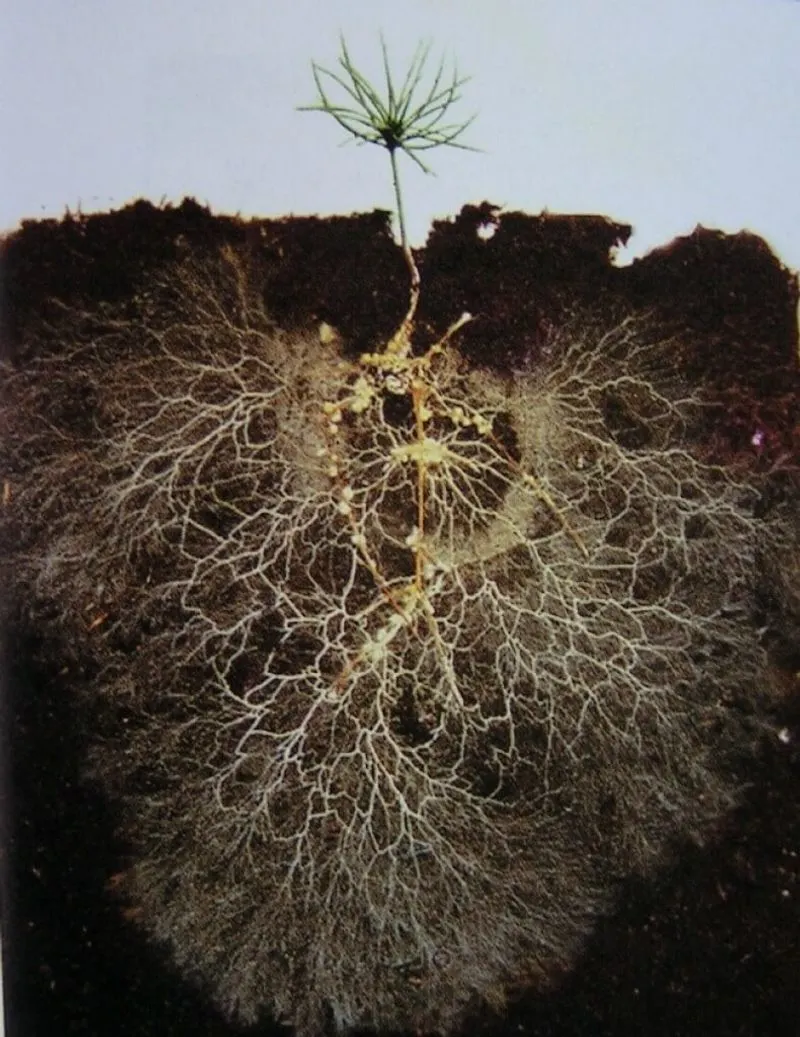
Consider the mycorrhizal fungi as the nutrient brokers of the garden world. They play a crucial role in breaking down organic matter, releasing minerals that plants can’t reach on their own.
This exchange means plants grow faster, stronger, and are better equipped to handle stress.
Without this nutrient exchange, many plants would struggle to thrive, highlighting the importance of these fungi in the ecosystem.
Soil Structure Enhancement
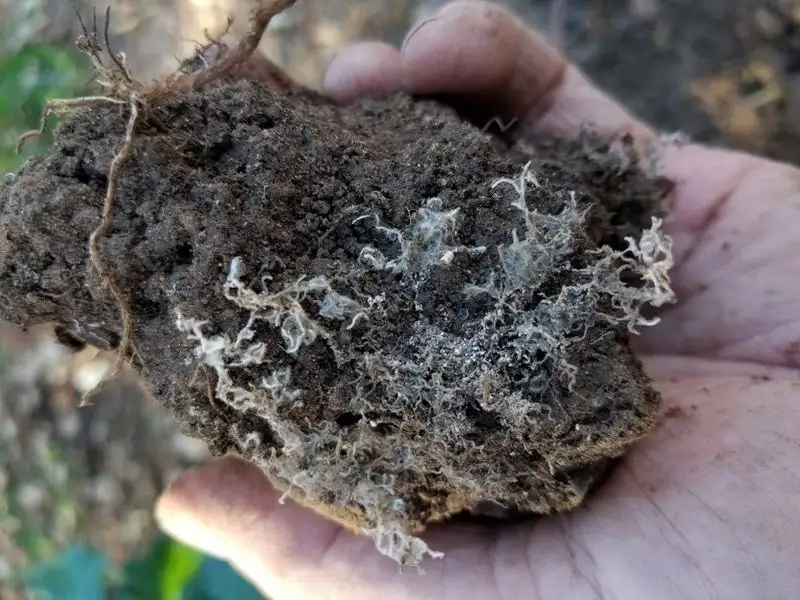
Did you know mycorrhizal fungi contribute significantly to soil structure? By binding soil particles, they improve aeration and water retention.
This process not only helps prevent erosion but also maintains a stable environment for plant roots to flourish.
Gardeners can benefit from healthier, more fertile soil with these fungi at work, turning even the hardest grounds into plant-friendly havens.
Disease Resistance
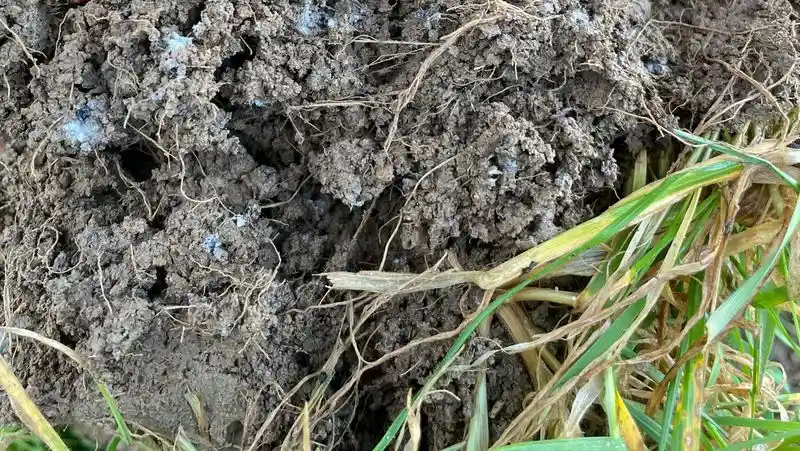
Mycorrhizal fungi are unsung heroes in plant disease resistance. By forming an extra barrier around plant roots, they offer protection against harmful pathogens.
This shield allows plants to grow with less chemical intervention, promoting a more natural and sustainable gardening approach.
The presence of these fungi can be the difference between a robust harvest and a garden plagued with issues.
Supporting Biodiversity
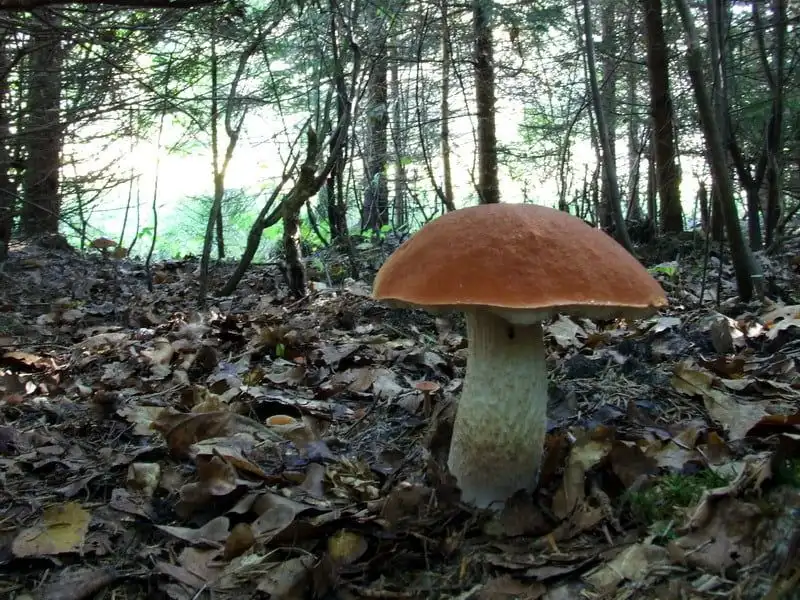
Beyond aiding individual plants, mycorrhizal fungi support entire ecosystems by fostering biodiversity. Their networks link different species, creating a resilient community.
This interconnectedness ensures that resources are efficiently shared, allowing diverse plant life to coexist.
Gardeners can encourage a richer plant environment by nurturing these fungal networks, which in turn support a variety of insects and wildlife.
Water Efficiency
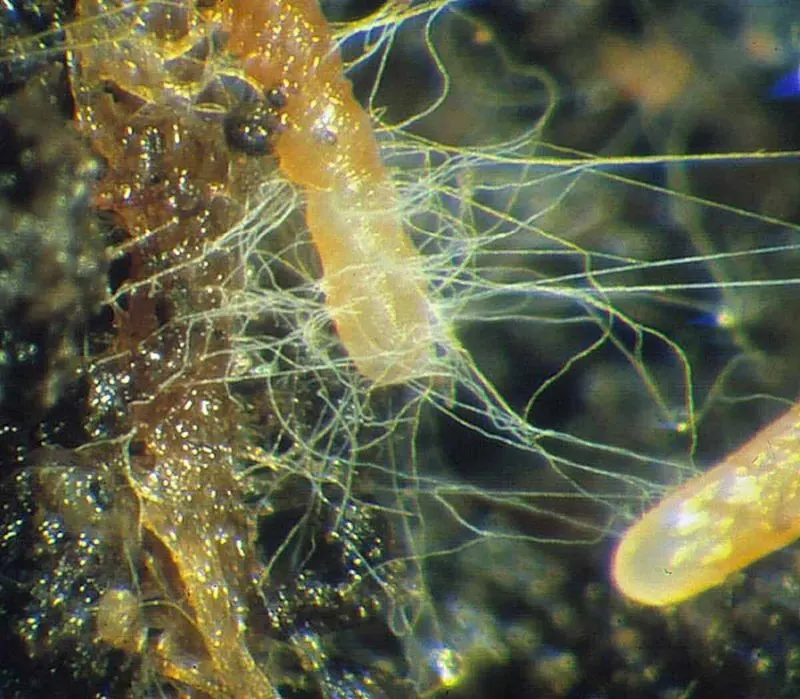
In times of drought, mycorrhizal fungi become indispensable. They enhance a plant’s ability to absorb water, even when it’s scarce.
This relationship allows gardens to remain vibrant and productive under water stress.
Through this natural irrigation system, plants can maintain health and vitality, reducing the need for frequent watering and conserving valuable resources.
Natural Fertilizers
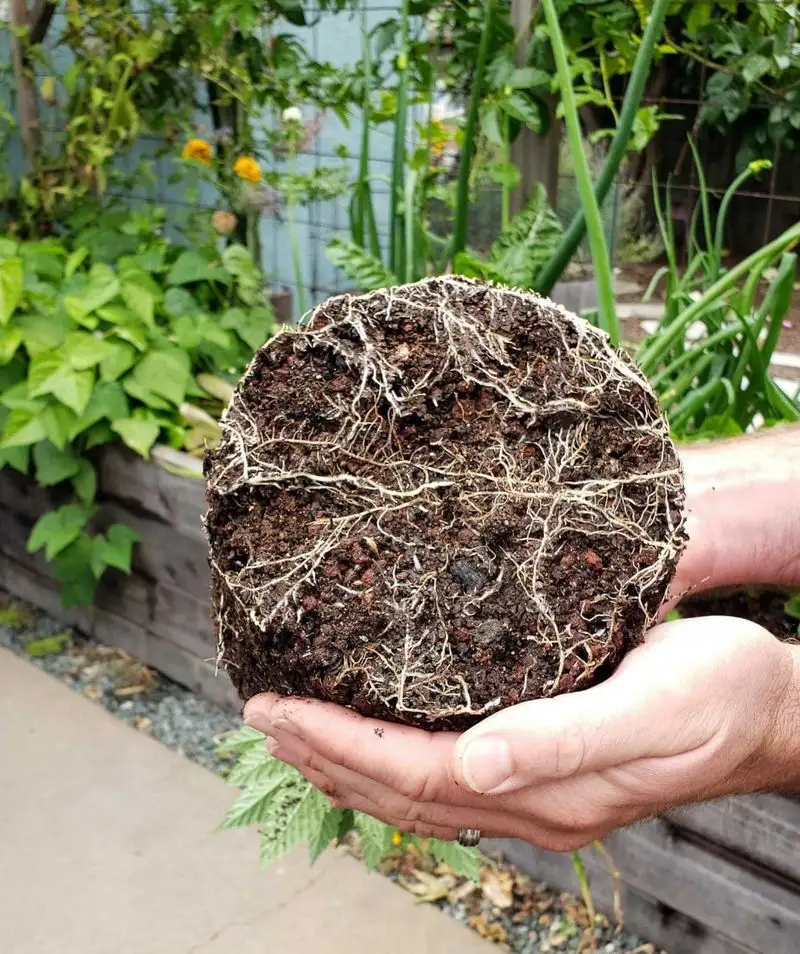
Chemical fertilizers can sometimes be harsh on the environment, but mycorrhizal fungi offer a kinder alternative. By naturally enhancing soil nutrient content, they act as organic fertilizers.
This method supports sustainable gardening, allowing plants to flourish without synthetic additives.
Gardeners looking for an eco-friendly approach will find these fungi invaluable in maintaining a vibrant and productive garden.

